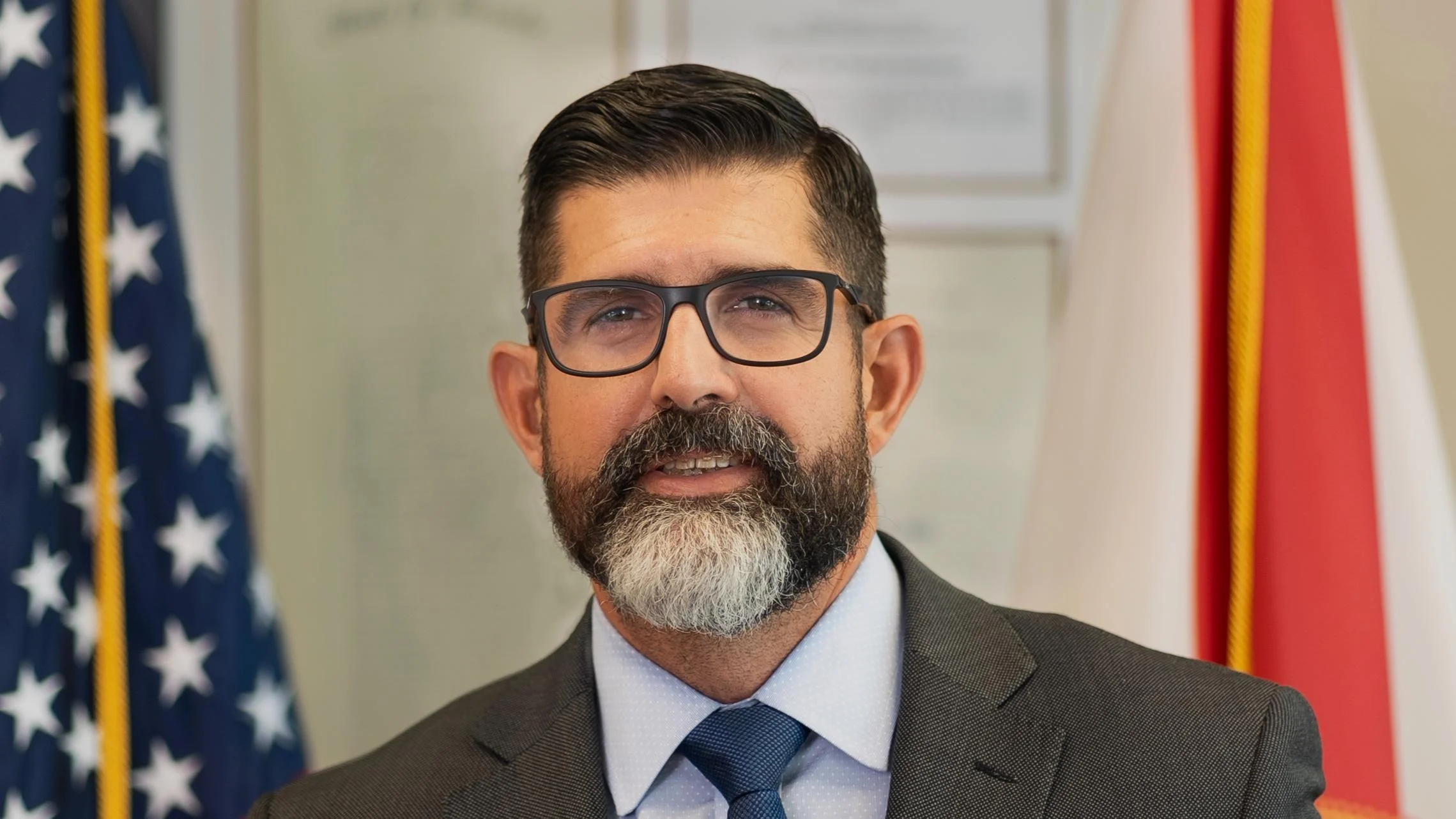
Randi Weingarten AFT President | American Federation of Teachers
A new report from the American Federation of Teachers (AFT) and Americans for Financial Reform Education Fund (AFREF) challenges the claims that private equity investments deliver strong returns for pension funds. The findings come as the Trump administration is expected to consider an executive order directing federal agencies to explore allowing 401(k) plans to invest in private market assets, a move that could expose millions of workers’ retirement savings to greater risk and higher fees.
The report asserts that private equity has seen declining profitability over the past two decades. It also points out that Florida pensions would have earned $1 billion more between 1988 and 2011 if they had avoided private equity investments. The analysis further alleges that private equity executives often manipulate asset value reporting, and that volatility in these investments matches levels found in public markets.
According to the AFT and AFREF, fee structures in private equity are prone to manipulation, potentially harming both investors and portfolio companies. The report criticizes common industry benchmarks as unreliable indicators of performance and notes that secondary market transactions frequently result in losses for sellers, raising questions about fundamental asset values.
“Private equity has a track of record all right: one of extracting huge fees from our members’ retirement savings and with zero transparency and disappointing returns,” said AFT President Randi Weingarten. “Rather than help workers, the Trump administration is planning to make matters worse by opening up individual retirement accounts to industry vultures.
“The AFT fights every day to uphold workers’ retirement security. But this report reveals that private equity is simply not worth the risk, and that its growth will make it harder, not easier, for working people to retire with dignity and grace. It’s why we’re calling on pension funds and 401(k) plan administrators to demand information on fees, evaluate risk and deeply interrogate the industry’s glitzy, but wildly misleading, pitch.”
The report offers policy recommendations for pension funds aimed at reducing risks associated with private equity. These include demanding greater transparency on fees and returns, adopting formal investment guidelines with enforcement mechanisms regarding fund management practices, and considering internal management of private market investments.
Lisa Donner, co-executive director at AFREF, stated: “Private equity executives have enriched themselves by the billions, taking high fees and other charges from working people’s hard-earned retirement savings in pension funds. Now they want fees from the trillions of dollars in individual retirement accounts, putting millions of more people at risk,” she said. “Meanwhile, private equity is harming workers and communities through abusive practices that too often drive businesses to bankruptcy, reduce quality of care while also increasing costs in healthcare, ratchet up the price of housing, and more. To stand up for working people and retirees, the administration, regulators and Congress need to rein in these abuses, not enable and incentivize their further growth.”
The full report was published as concerns grow over potential changes in federal policy affecting retirement plan investment options.





 Alerts Sign-up
Alerts Sign-up